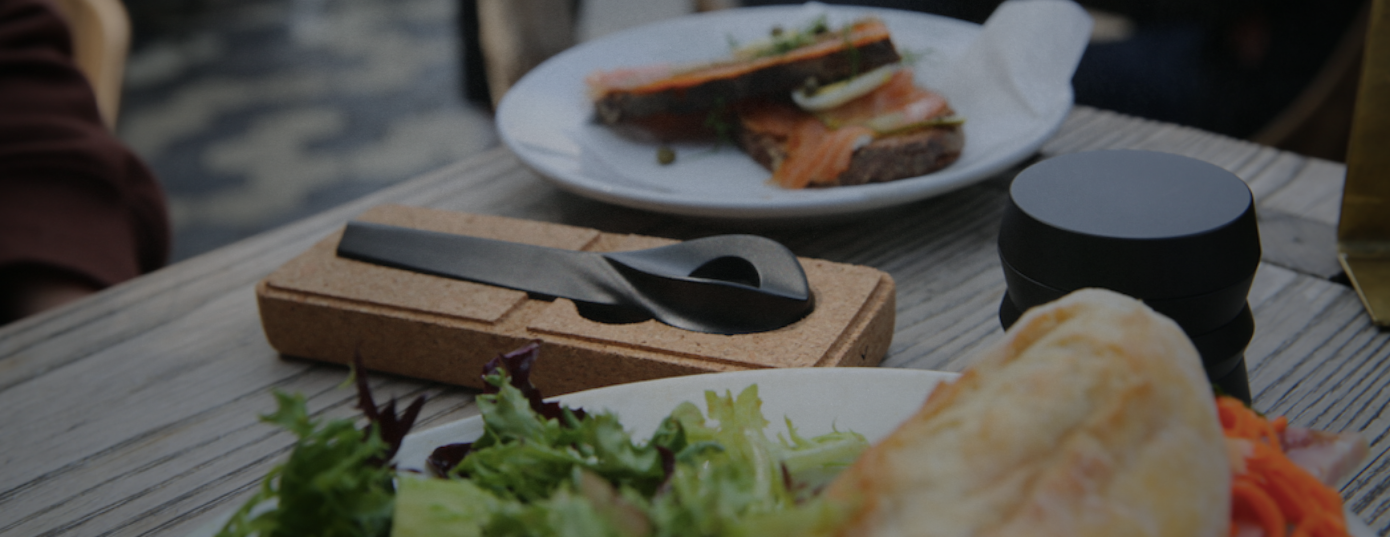Over the course of the years, scientists have tried to answer the question of why marijuana intake proceeds to give people a sudden urge in appetite, also known as “the munchies.”
It’s always interesting to do some research in order to understand why substances affect our bodies, so whether you want to prepare accordingly for 4/20 or just have something to share with your friends about cannabis, here’s an explanation about why weed gives you the munchies.
The scientific explanation of why weed gives you the munchies?
Did you know mice have a fair amount of cognitive similarities to humans? Well, now you know that we share a surprising number of characteristics, which is why most neuroscientific research is performed on mice.
A group of European neuroscientists of the public research University of Bordeaux in France led a study called “The endocannabinoid system controls food intake via olfactory processes,” with their test subjects, as you guessed it: mice.
The scientists began their study by exposing the tiny animals to banana and almond oils as a test of sensitivity to scent. The mice sniffed the oils extensively at first and then stopped showing interest in the smell; this phenom is actually called “olfactory habituation,” where there’s a reduced behavioral response to an odor after repeated or continuous exposure.
More interestingly, the mice that were given THC kept on sniffing, demonstrating an enhanced sensitivity to the banana and almond scent. This group of THC-dosed mice began to eat much more than the group of mice that wasn’t dosed, showing that THC increased not only their sense of smell but, in consequence, their appetite as well.
The researcher concludes that cannabis might make you eat more food after consuming it simply because THC makes you smell and taste more acutely.
Smithsonian Magazine explains that this process occurs in the brain’s endocannabinoid system, which helps control emotions, memory, pain sensitivity, and appetite. Scientists found that THC fits into the receptors that are part of the brain's natural endocannabinoid system.
In most cases, our brains produce their own chemicals, which are called cannabinoids. These chemicals fit into these same receptors, so by mimicking their activity in the mice, THC artificially altered the same factors in dramatic ways.
As explained previously, THC fits into receptors in the brain's olfactory bulb, significantly increasing the animals' ability to smell food and leading them to eat more of it. Humans carry out the same process, which is why we get the munchies.
THC: Culprit or ally?
Another question that has been raised among cannabis consumers is whether the munchies are a good or bad thing, but it depends on how you see them.
For example, part of why medicinal cannabis is recommended to people who have cancer or are undergoing chemotherapy is actually because weed helps boost appetite, as opposed to cancer treatments that are known to hinder it.
Alexis Rosenbaum of Rosebud CBD claims that the munchies are her favorite side effect of cannabis. Sometimes running a business can be so consuming that food tends to be last on her priority list. “Cannabis is a tool that helps me intentionally eat and eat a lot,” she explains.
THC increases the sense of smell; we know that smell and taste are closely linked, so when the scent of food is enhanced, taste becomes heightened. The natural outcome is increased appetite, Benzinga explains.
A very interesting study carried out by the International Journal of Epidemiology found out that regular cannabis use and post-cannabis munching don’t necessarily mean an exaggerated gain of weight.
“Studies show that people who use cannabis tend to consume more calories but have lower body fat percentages and are less likely to be obese than non-users,” explains Dr. Patricia Frye, who is a cannabis expert and chief medical officer at HelloMD.
This doesn’t mean you won’t gain any weight, so be sure to munch also healthy snacks once in a while.
Now you know the simple, scientific answer about the munchies: THC will most likely increase your sense of smell; the better the increased scent is, the bigger your appetite will be.
However, be sure to prepare your fridge and pantry with various snacks, including healthy ones! Here’s a compilation of 12 munchies that you need to get ready for 4/20, as well as a list of healthy options.
Note: This is an attempt to simplify the research held at the University of Bordeaux; if you’d like to dive deeper into it, I recommend this explanation by Smithsonian Magazine and even reading the whole study about endocannabinoid system research.
Author: Mary Jane
Alshaarawy, O. (2019). Are cannabis users less likely to gain weight? Results from a national 3-year prospective study. International Journal of Epidemiology. Retrieved from https://academic.oup.com/ije/article/48/5/1695/5382155
Flowertown (2021). The Munchies, Explained: Why Weed Makes You Hungry. Benzinga. Retrieved from https://www.benzinga.com/markets/cannabis/20/03/15542403/the-munchies-explained-why-weed-makes-you-hungry
Marsciano, G. (2014). The endocannabinoid system controls food intake via olfactory processes. Nature Neuroscience. Retrieved from https://www.nature.com/articles/nn.3647
Stromberg, J. (2014). A Scientific Explanation of How Marijuana Causes the Munchies. Smithsonian Magazine. Retrieved from https://www.smithsonianmag.com/science-nature/scientific-explanation-how-marijuana-causes-munchies-180949660/


0 comments